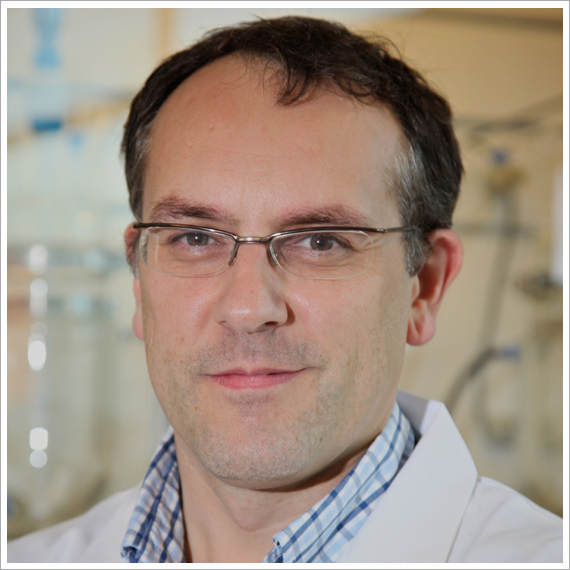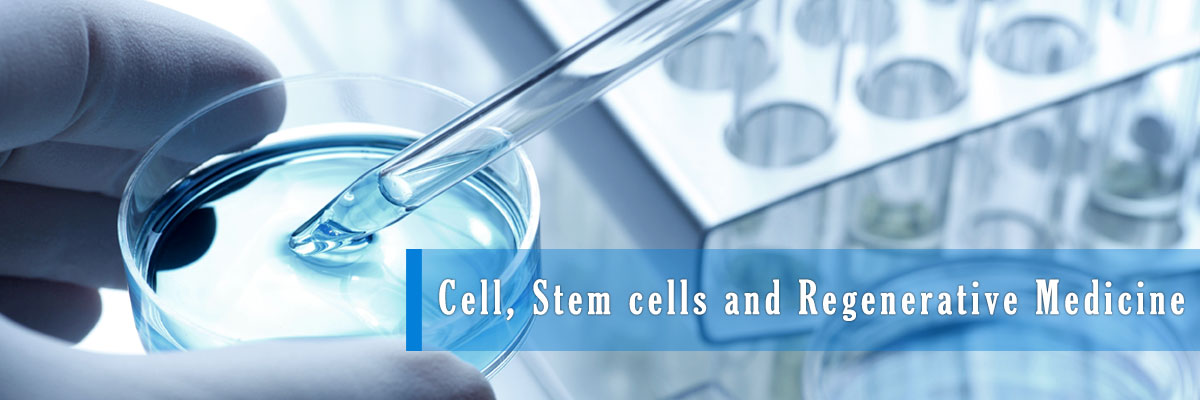
Stefan Alexander Przyborski
Professor
- : +44 (0) 191 33 43988

My research is focused on how the micro-environment in which cultured cells grow, affects their proliferation, differentiation and function. This is a fundamental aspect of modern cell biology that underpins cellular behaviour in vitro. It has major implications on the physiological relevance of cell-based assays and has direct applications in basic academic research, drug discovery and safety assessment, and can lead to a reduction of animal usage in research. We have developed enabling technology to enhance cell growth and function in vitro by preserving the natural three dimensional (3D) architecture of cultured cells. The ability to build complex co-culture models using 3D cell culture technology is providing investigators with new opportunities to advance the discovery process. This technology has now been applied to a broad range of applications including stem cell maintenance and differentiation, neural differentiation, skin biology, intestinal physiology, cancer cell biology, and others.
Examples of some specific research projects currently running in my group include:

Professor